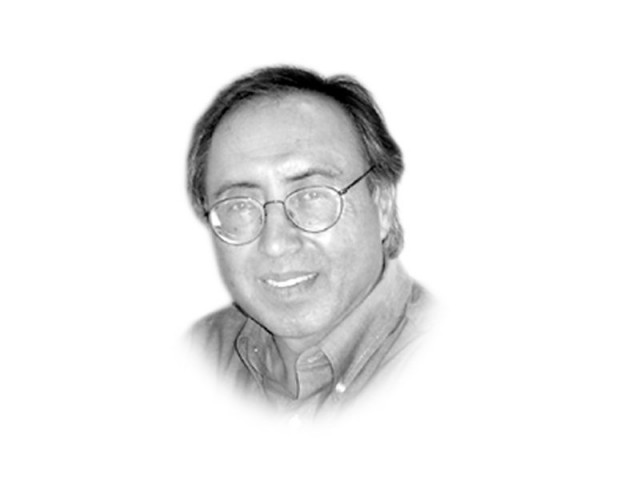In search of normal politics
When a succeeding regime timidly files cases against its predecessor, this is always termed ‘political victimisation’

The writer is a professor of political science at LUMS
This is what constitutes a weak state and shallow politics. The other side of this politics is that it is issueless, personal and often condescendingly aggressive as one side portrays itself to be better by painting the opponent in black. It seems nothing, or very little, has changed since the peaceful ‘democratic transition’. Obviously, there is something wrong with our politics, institutions, the political class, and certainly, with the dynastic parties and their leaders. The ruling groups and their defenders have to answer for many wrongs, failures and systematic plunder of the country. It is because of their willful acts of commission and omission that the country continues to remain poor, corrupt, and in many places, ungovernable. The country has lost time and opportunity, while the problems have kept accumulating and the corrupt have continued to have a field day.
There are many strategies in play to confuse the people about who is really responsible for the problems and the challenges the country faces. First, blame the outside forces — the ‘enemies’ that have agents in Pakistan working full-time to destabilise it. Second, keep on harping on what the great powers have done in Afghanistan and say that this is why we continue to suffer. Third, turn your guns on society, its traditions and culture. At the end of the day, the poorest of the poor must be blamed because it is their poverty which is driving them to embrace ‘extremism’. These are mostly half-truths based on manufactured ‘facts’. These narratives are spun every day on the media and serve the political and ideological interests of the ruling cliques.
These narratives are meant to deflect attention from the ruling elite’s conduct when they are in power. When a succeeding regime timidly files cases against its predecessor, this is always termed ‘political victimisation’ of innocent politicians, bureaucrats and their comrades in arm. The mutual blame game that follows and the failure to prove that the accused have actually committed wrongdoings diminish the credibility of the institutions of accountability. The end result of this charade is that the failures of the ruling elite and the wrongs they have committed against the people and the country are deemed to be a normal affair.
Political issues — national reforms and reconstruction in the wider sense — must have a political solution. There is no other alternative. For that to happen, we need to engage with fresh ideas, new social movements and the empowerment of citizens. Ensuring justice in the economic and social sense, adhering to the rule of law as well as equality among citizens are some of these ideas. But why would those in power either reform themselves or be held responsible? That will require empowered citizens and a questioning civil society.
Published in The Express Tribune, February 10th, 2016.
Like Opinion & Editorial on Facebook, follow @ETOpEd on Twitter to receive all updates on all our daily pieces.














COMMENTS
Comments are moderated and generally will be posted if they are on-topic and not abusive.
For more information, please see our Comments FAQ